The primary goal of the recent national health care bill is to curb rising costs of medical care while also improving quality by providing better access. As the debate continues about whether or not this goal is possible with the recent legislation, one of Wake County’s healthcare organizations, Alliance Medical Ministry, is already working to improve its operations. This faith-based, private practice model provides primary and acute medical care for the working uninsured of Wake County.
Better health, fewer missed workdays and lower medical and prescription costs are just a few of the benefits that Alliance provides to its patients and, in turn, our community. Alliance is now on the leading edge in their efforts to streamline operations and improve efficiencies.
In order to improve performance in Alliance’s newly opened acute care clinic providing affordable, quality care for individuals with minor health conditions, Alliance implemented a Lean project analysis. Specific information about the LEAN process, its history and principles, can be found at www.lean.org. The goal of Alliance’s Lean process is to evaluate all aspects of the acute care clinic to find inefficiencies and then identify solutions to improve performance. Alliance focuses on prioritizing the amount of quality, productive time that patients spend with the providers while also trying to accommodate the rising number of working uninsured patients seeking care at the clinic.
The lean process at Alliance, led by consultant Don Waggener, is truly a team-oriented effort that includes healthcare providers, administrators, assistants and others throughout the organization. Everyone continually examines the process, identifying areas for possible improvement. Below are some of the ways Alliance has increased efficiencies:
- Issue: Physicians identified missing supplies and equipment from the exam rooms as a key factor contributing to extended patient appointments, thereby delaying appointment times throughout the day.
- Solution: The acute care clinic implemented a weekly inventory and ordering process. Gloves are available in all sizes and exam rooms are always fully stocked with all necessary materials and equipment.
- Result: Quality time a patient spends with the doctor has increased since clinicians no longer waste exam time trying to locate supplies from other clinic areas.
- Issue: Increasing numbers of patients are presenting with symptoms or medical conditions that are out of the scope of practice for the acute care clinic.
- Solution: Formal triage protocols have been developed and implemented, and the initial screening process is more extensive and thorough. Only the patients with appropriate symptoms and conditions are scheduled to see the acute care providers, while others are referred to the ER, Alliance’s primary care practice or another provider.
- Result: This eliminates wait-time for those patients who need to be referred elsewhere and allows clinicians more time with patients who can be seen and treated. Additionally, the initial screening often identifies multiple diagnoses in patients, a fairly common occurrence among people with limited access to primary care. When providers know ahead of time that there are multiple medical conditions, they can better plan their time during the exam.
- Issue: Due to the lengthy application process to determine eligibility, potential patients spent extensive time struggling with this administrative task before seeing a provider.
- Solution: Applications are available online for those with access to a computer. Additionally, clinic interpreters use their free time to flow into the lobby to assist non-English speakers with the initial applications.
- Results: Some people come in with the applications already filled out, reducing their wait times and allowing for more efficient patient flow. Additionally, the interpreters’ assistance helps ensure that applications are filled out completely and correctly.
Alliance has had great success in improving the efficiency of how the acute care clinic runs. By rethinking the process, patients are now spending more quality time with their healthcare provider and less time waiting. Physicians and care givers are able to see more patients during the day, increasing access to medical care in Wake County. Additionally, the acute care LEAN study will likely also benefit the primary care clinic, even though that process is very different. Alliance plans to use the data as a starting point for expanding the analysis to include the primary care clinic and other program areas.
Alliance is grateful to all its dedicated staff and care partners for setting the example of continually evaluating operations to improve outcomes without cutting corners on patient care and for working to identify sustainable ways to positively affect change in our healthcare system.













